Why Do We Keep Destroying Nature Like Nothing's Wrong?
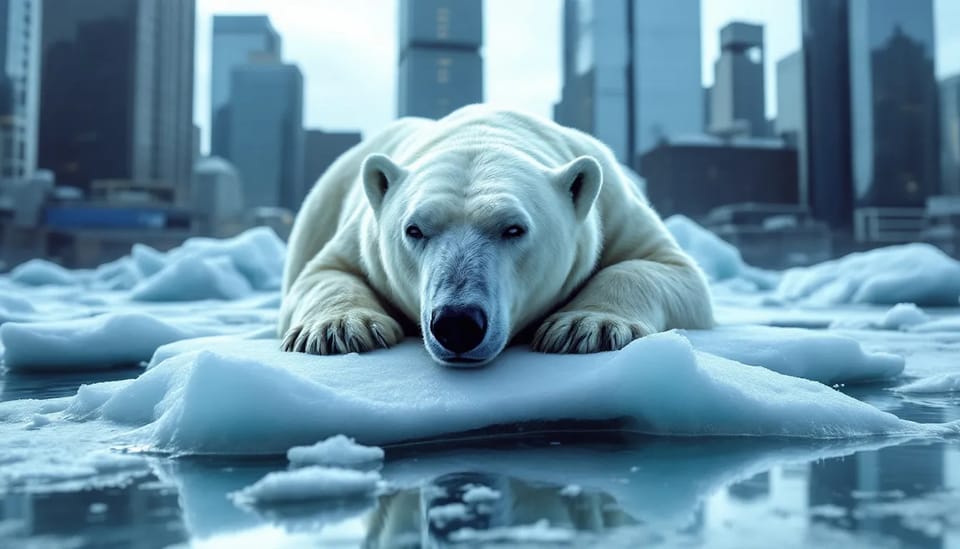
Originally published on my Blogger site in October 2023. Refined for clarity and current relevance.
Despite our intelligence, empathy, and capacity for progress, humanity continues to act against the best interests of the planet. Why?
This article explores the contradictions at the heart of human behaviour—how our pursuit of profit, selective empathy, and socioeconomic divides shape our ongoing environmental neglect. From climate change to biodiversity loss, we are surrounded by warning signs—yet our responses remain fragmented, delayed, or absent.
The Planet in Peril: Why Aren’t We Acting?
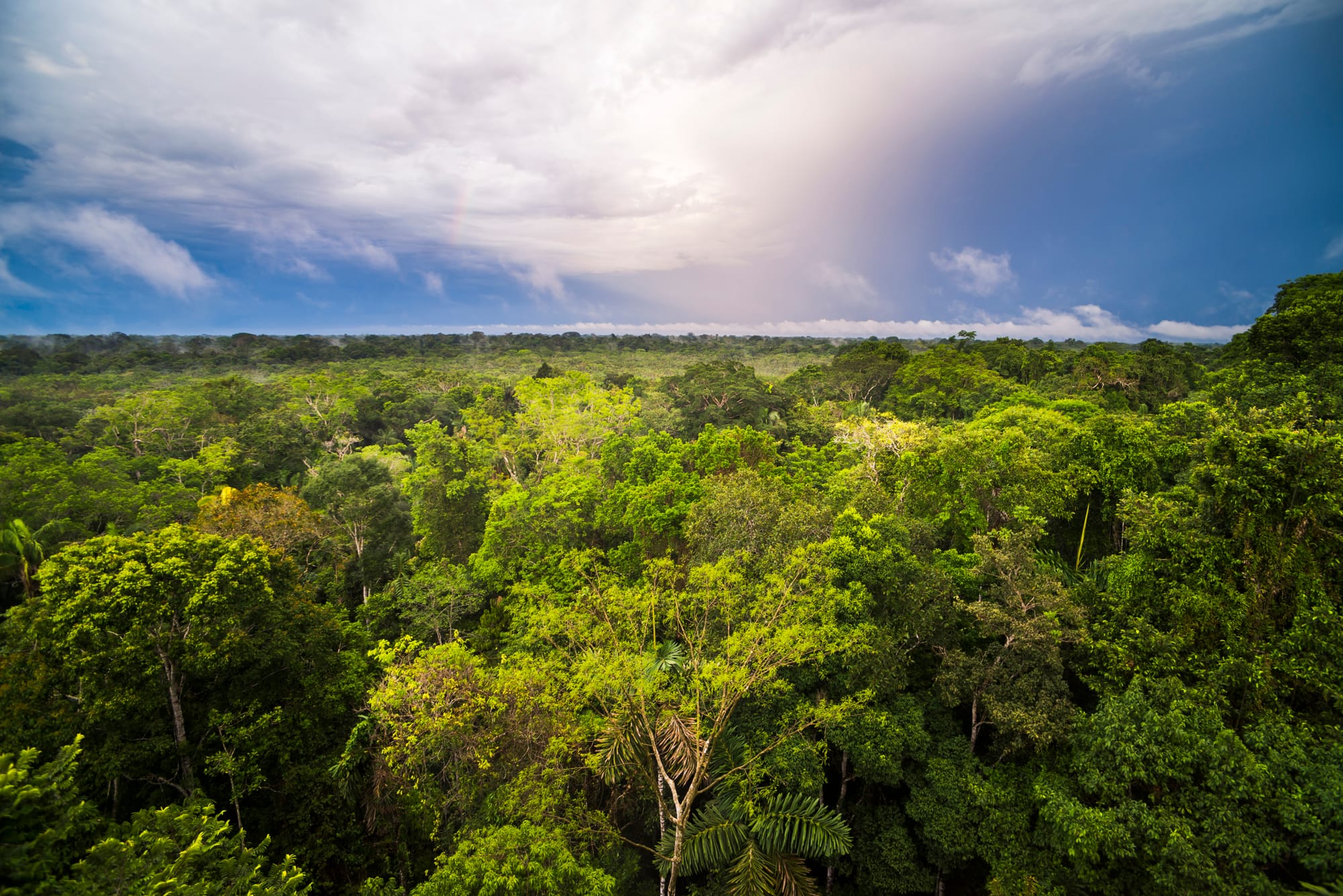
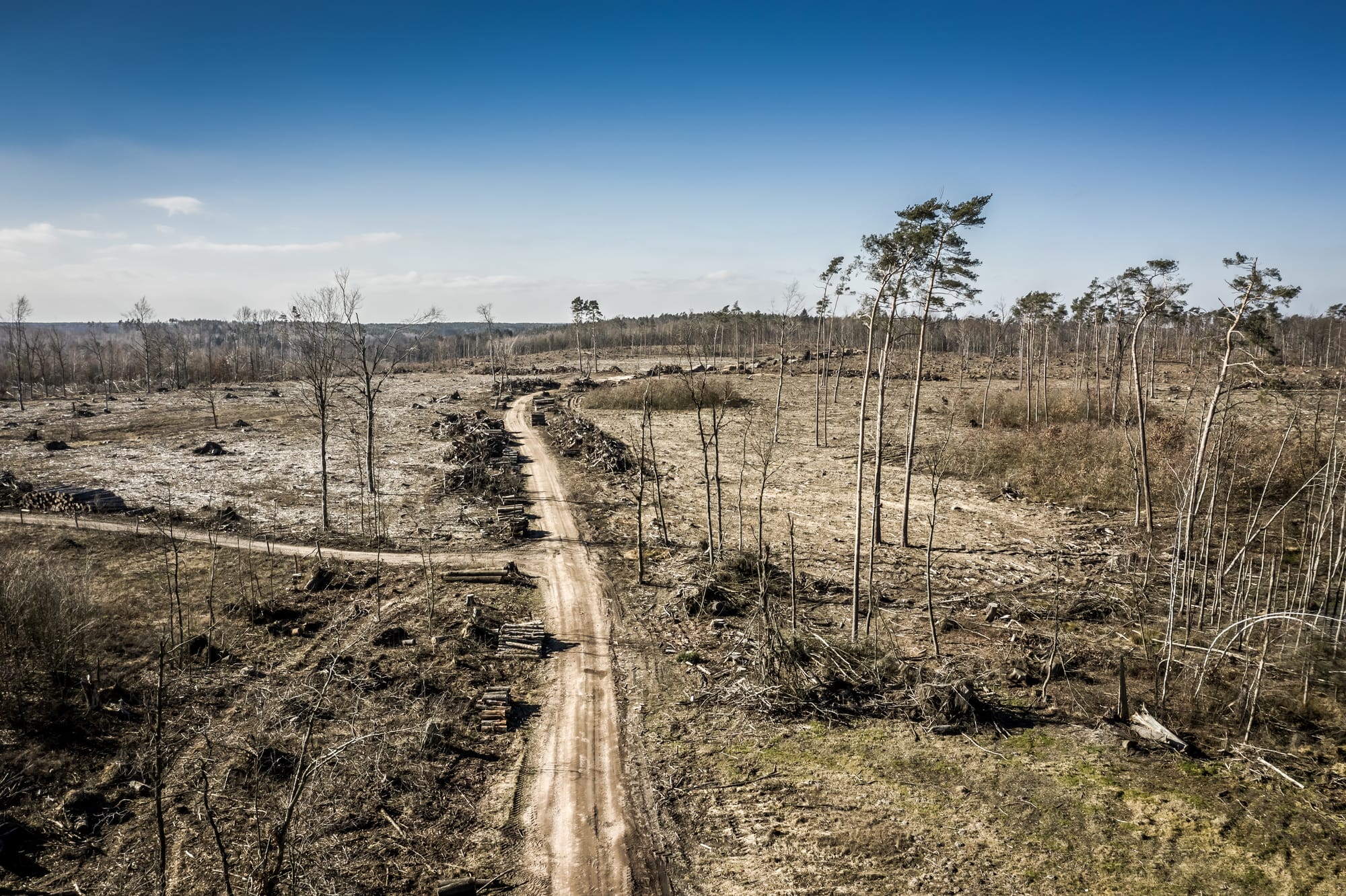
Two futures, one planet. What we choose to preserve—or destroy—shapes the world we leave behind. Source: Envato Elements.
Our world is in crisis. Climate change intensifies, biodiversity vanishes, and pollution infiltrates air, water, and soil. Despite being aware of these threats, we continue to live as though nothing is wrong.
How did we arrive at this contradiction? As a species capable of logic, compassion, and foresight, shouldn’t we be leading the way in protecting our only home?
The answer lies in our remarkable adaptability—both physical and psychological. Our mental flexibility allows us to normalize disaster. We convince ourselves that the situation isn’t urgent, that someone else will fix it, or that technological salvation is just around the corner.
But the consequences are catching up. In the next decade, humanity will face increasingly frequent climate disasters and ecological breakdown. Yet, our focus remains reactive rather than proactive.
So, the central question remains: why do we continue on this path of destruction, despite knowing the stakes?
Profit Over Planet: When Wealth Becomes a Weapon
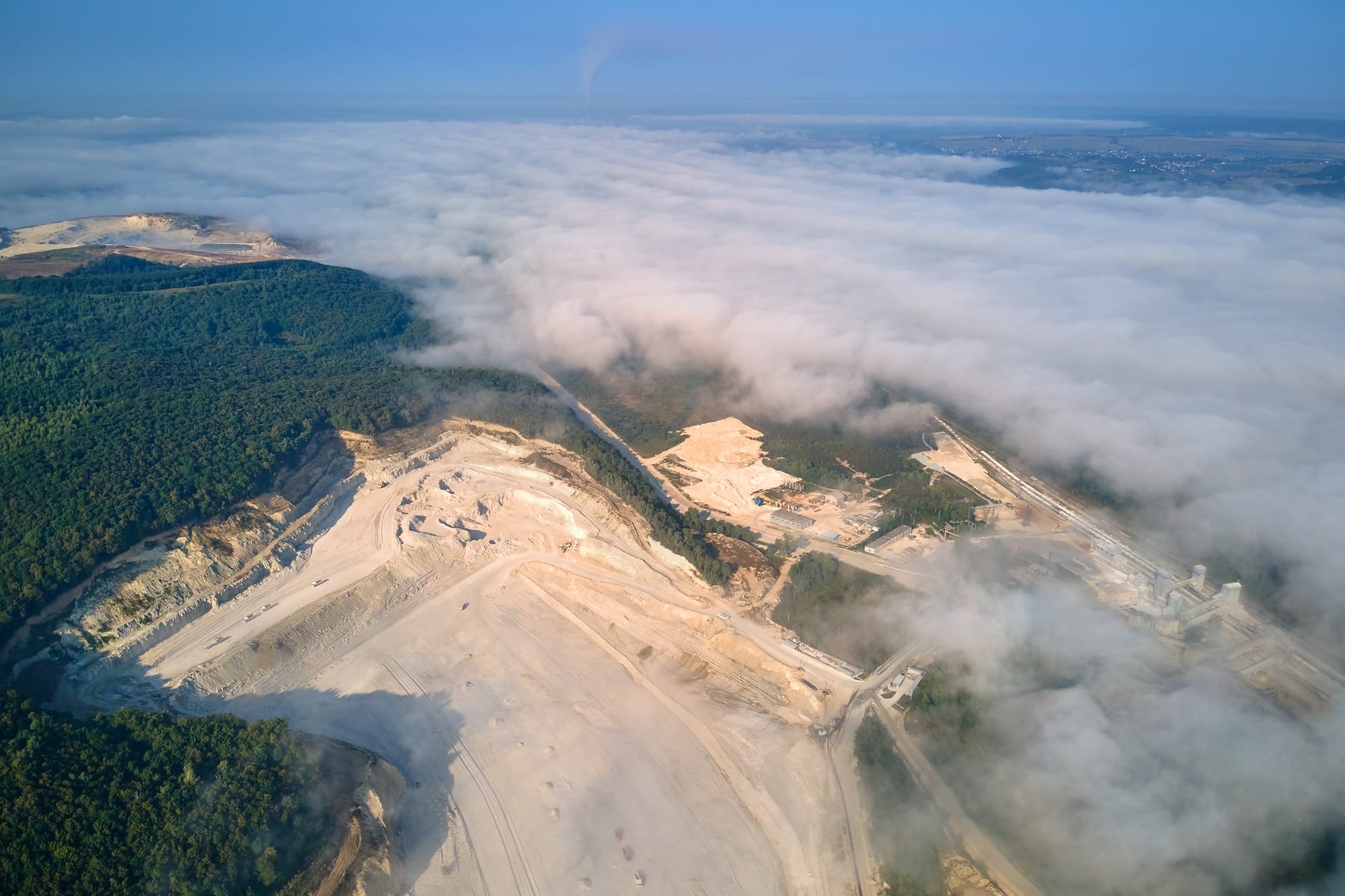
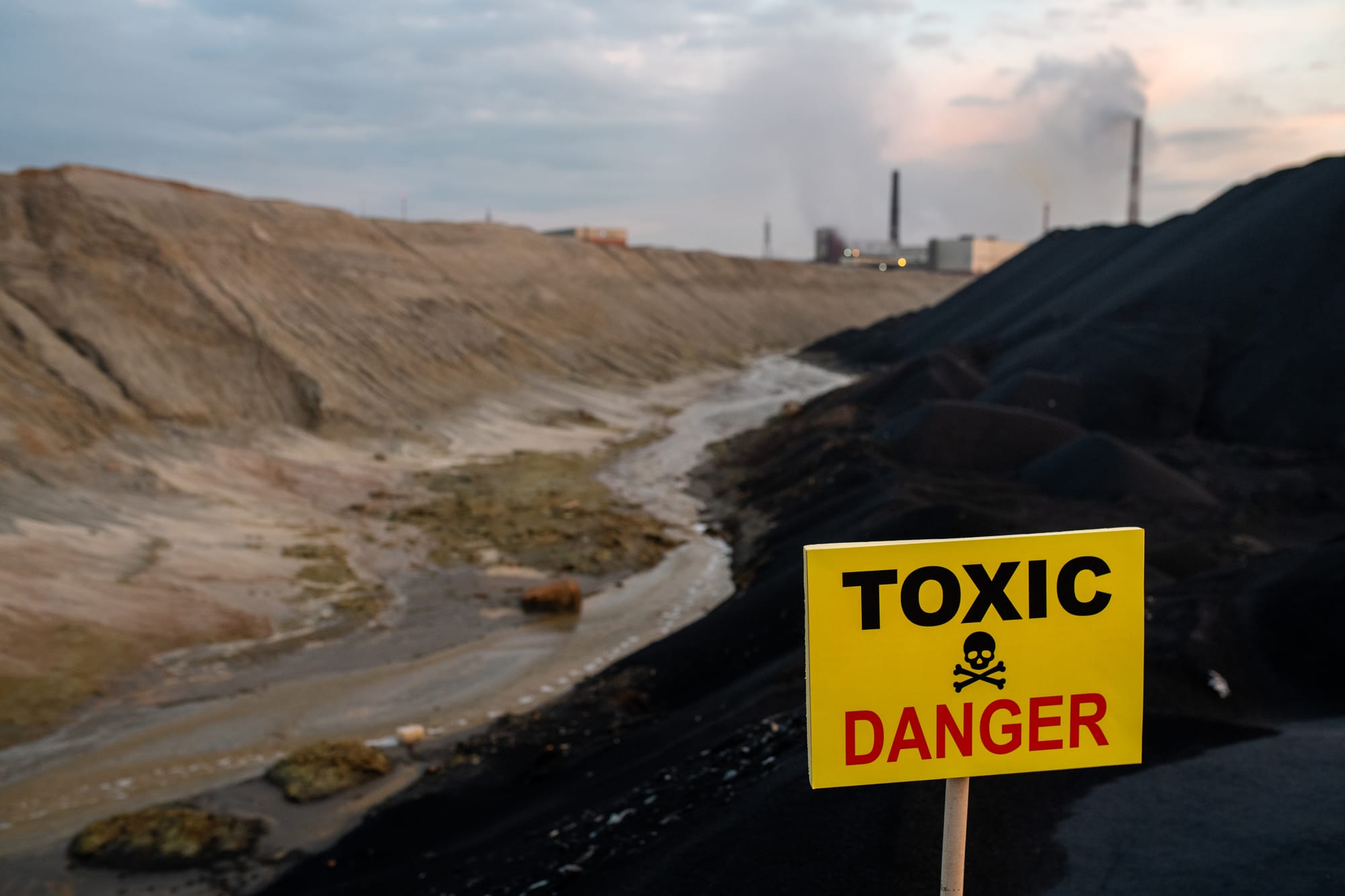
From land stripped for minerals to toxic waste left behind—these scenes reveal the environmental price of profit-driven development. Source: Envato Elements.
The pursuit of wealth is not inherently wrong. Financial stability brings opportunity, security, and freedom. But when profit is pursued without limits, at the expense of people and planet, it becomes deeply destructive.
We see the evidence daily:
- In Malaysia, high-slope developments trigger landslides.
- In Alberta, tar sands mining poisons wetlands.
- In the Amazon, forests are burned to make room for methane-emitting cattle ranches.
- Globally, factory farming degrades land and releases excessive nitrogen and phosphorus.
Our systems treat environmental damage as an externality—a cost to be passed on to governments or ignored altogether. Profit, detached from ethics, becomes a license to exploit.
The Empathy Gap: Why We Struggle to Care
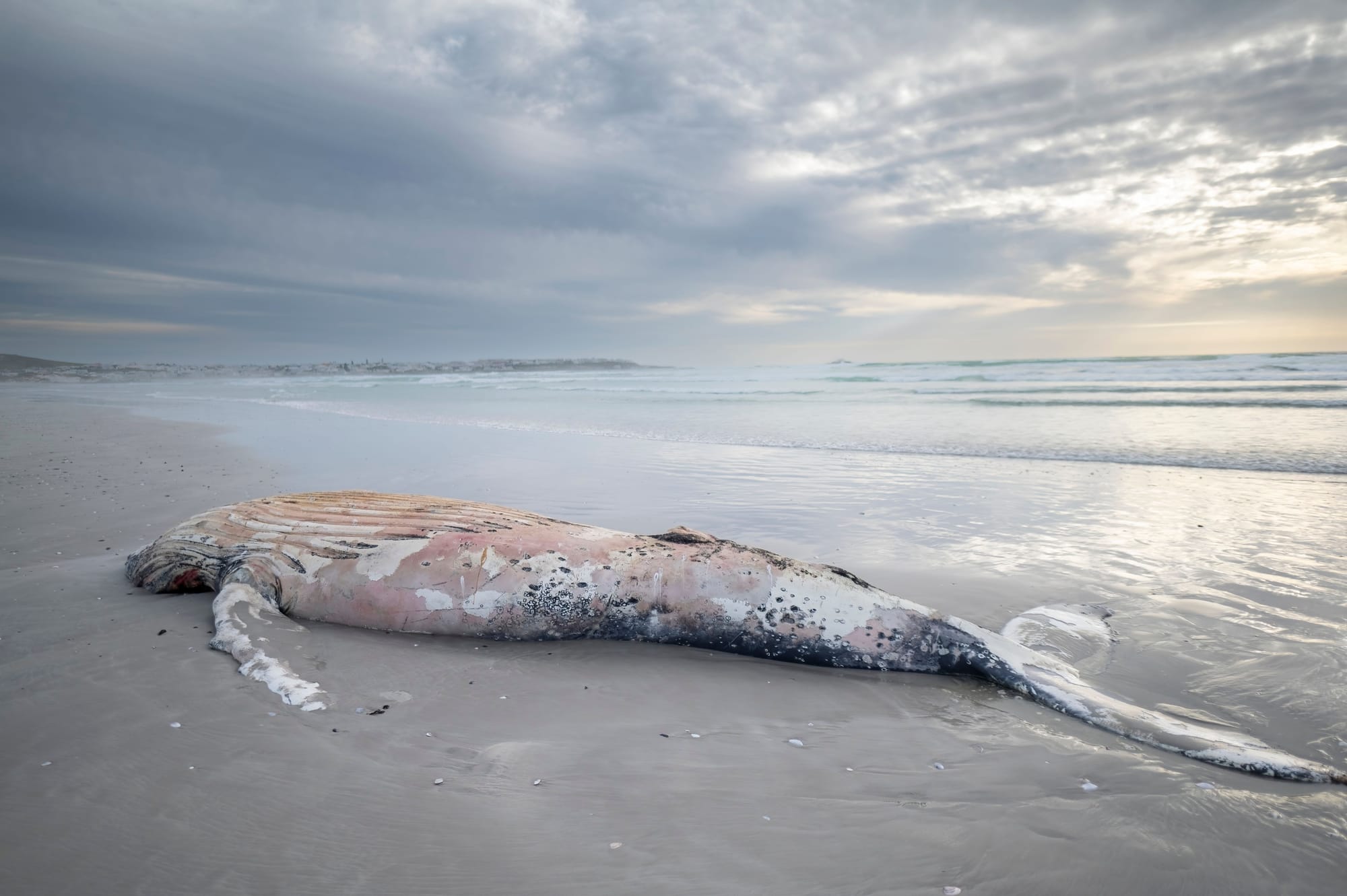
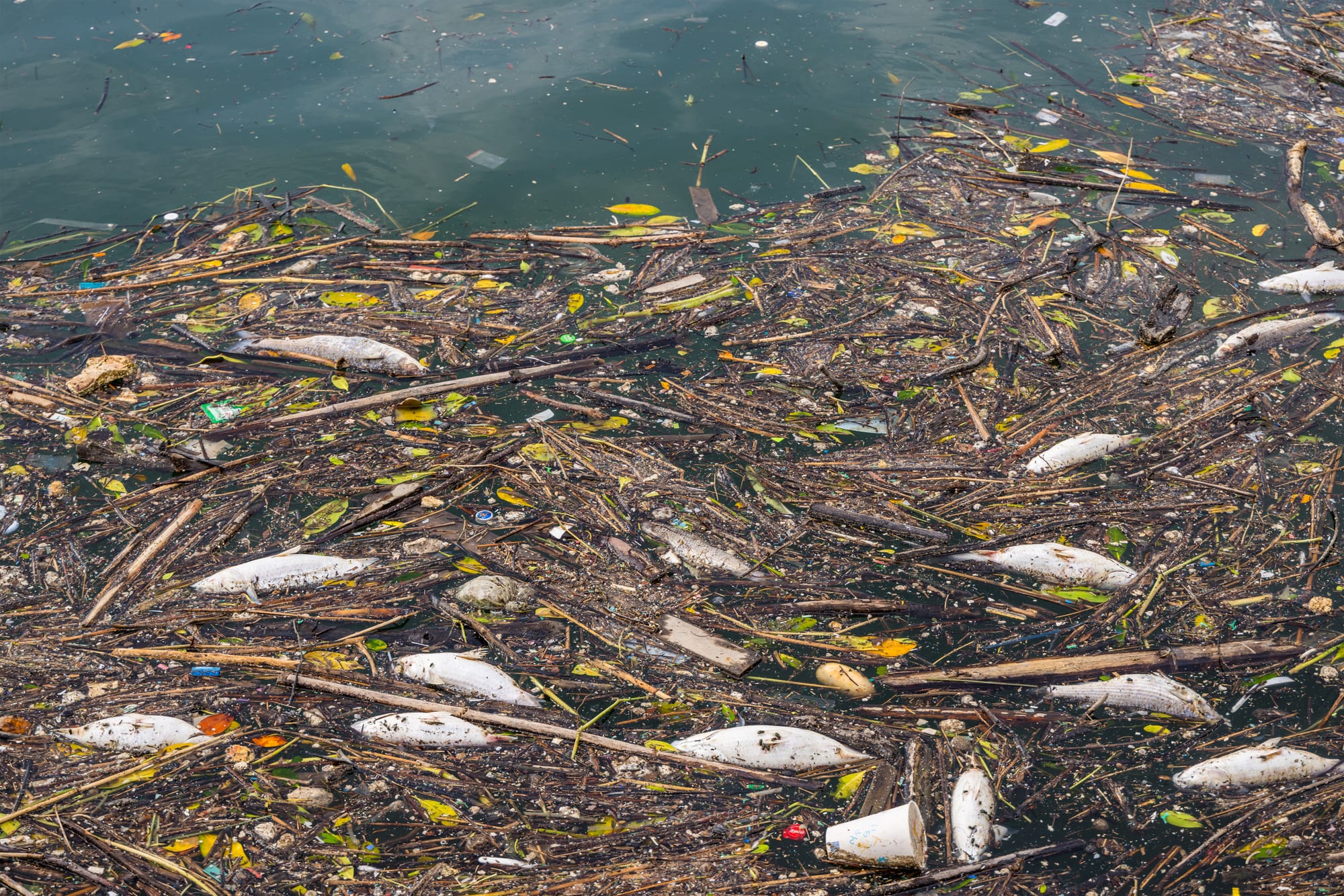
When empathy fails, nature pays the price — a dead whale washed ashore and lifeless fish in a sea of plastic reveal the silent suffering beneath our neglect. Source: Envato Elements.
This young whale died with 40kg of plastic in its stomach. A haunting reminder that our convenience comes at a devastating cost to other species.
Empathy should guide our actions—but it often doesn’t.
In their book Sustainable Design for the Built Environment, Fleming and Roberts argue that many people lack:
- Cognitive empathy across space: the ability to care about distant communities affected by droughts, floods, or plastic-filled oceans.
- Empathy across time: the moral imagination to care about generations not yet born.
- Emotional empathy for nature: the capacity to feel for the loss of species and ecosystems.
This empathy gap explains our apathy. Forest loss equivalent to twice the size of the U.S. may shock some—but for many, it’s a headline that’s quickly forgotten. Whale carcasses filled with plastic, starving polar bears, and microplastics in our food chain fail to stir meaningful action.
Still, hopeful signs emerge. Wildlife corridors—eco-bridges that allow animals to cross highways—show that empathetic design is possible. But these efforts remain exceptions, not norms.

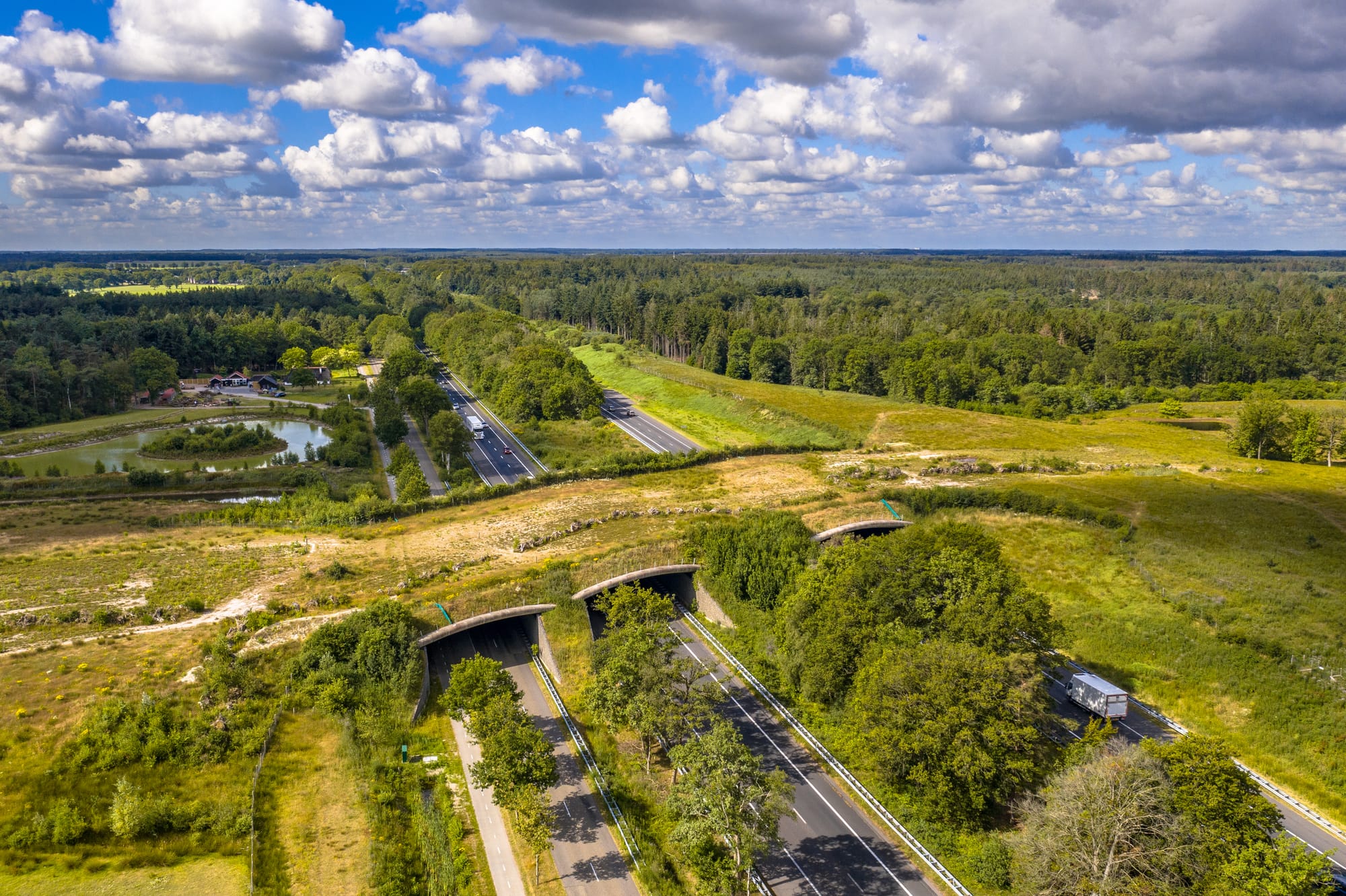
Empathy in action: from nurturing young trees to building bridges for wildlife, these efforts reflect the compassion and responsibility our future depends on. Source: Envato Elements.
Inequality and the Sustainability Divide
The Poor: "We just can’t worry about it."
For people struggling to meet basic needs—food, shelter, safety—environmental protection often feels like a distant luxury. According to Maslow’s hierarchy of needs, sustainability is part of self-actualisation, something unreachable when survival is at stake.
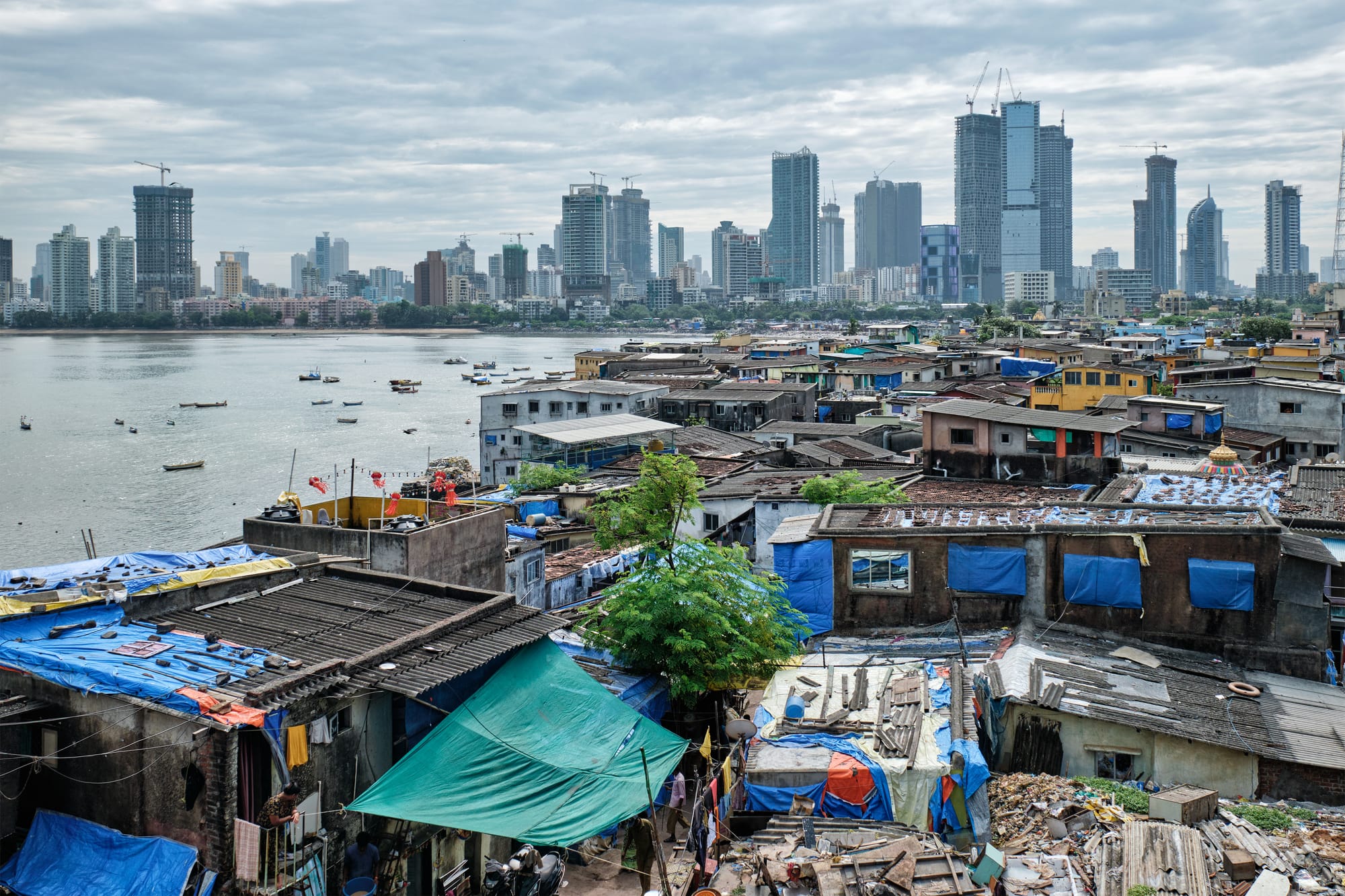
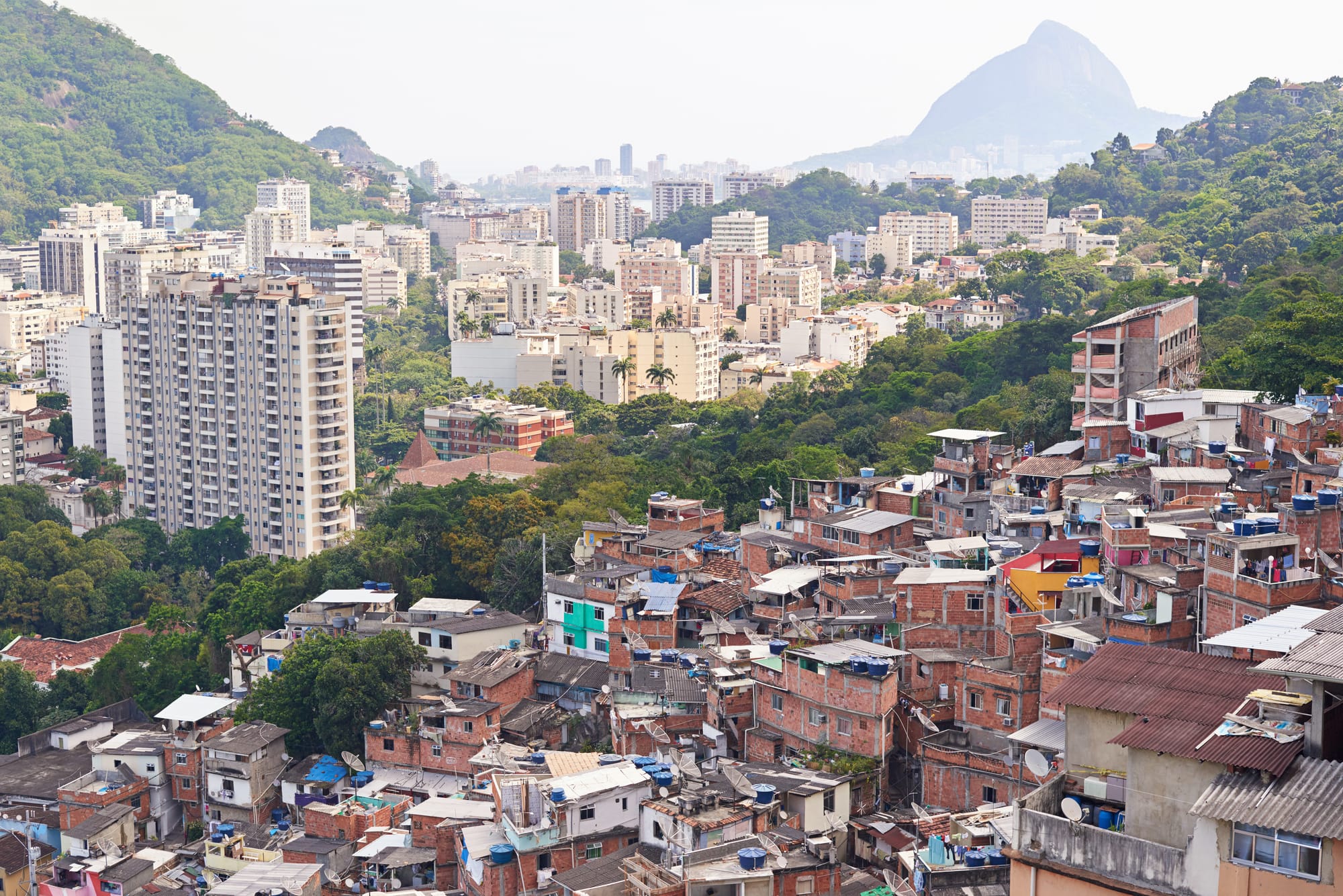
Urban inequality is often hidden in plain sight. From Mumbai to Rio, poverty and privilege grow side by side—yet face vastly different risks when the environment breaks down. Source: Envato Elements.
The Wealthy: "We don’t have to worry about it."
At the other end, affluence provides insulation. The wealthy can escape pollution, disasters, and scarcity—via helicopters, gated communities, and private healthcare. In São Paulo, for instance, traffic gridlock prompted the rich to commute by air, while the poor faced homelessness amid economic collapse.
Climate change doesn’t affect everyone equally. Low-income areas suffer more during storms and floods. They lack insurance, political priority, and recovery support. Meanwhile, the affluent continue business as usual.
This paradox reveals a moral divide. The poor can’t afford to care. The rich don’t have to. Yet sustainability requires both empathy and responsibility—especially from those who benefit the most.
Towards a New Ethic of Sustainability
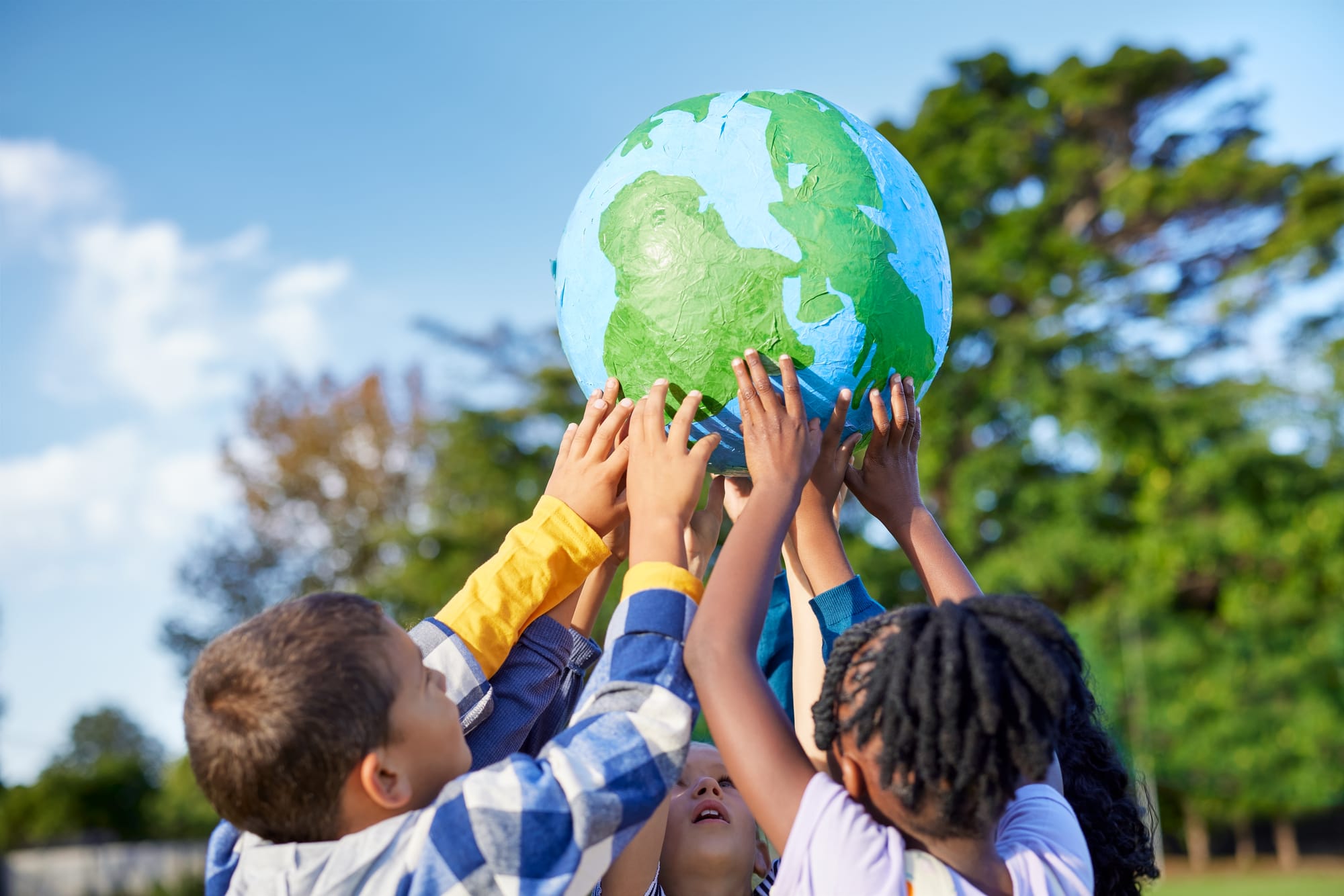
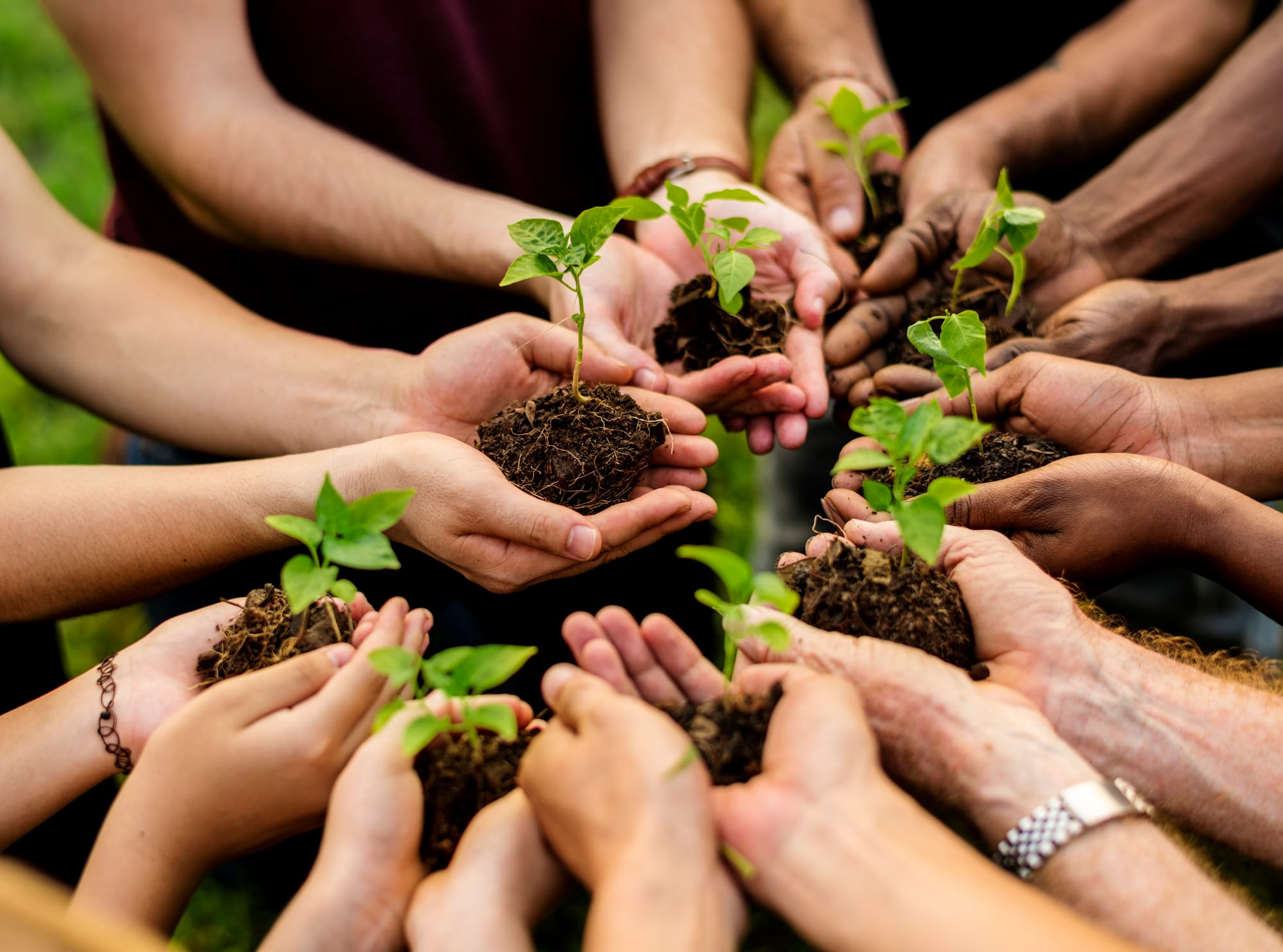
Sustainability begins with shared responsibility. Together, we can nurture a future where people and planet thrive in harmony. Source: Envato Elements.
We live in a pivotal moment. The environmental crises we face demand more than technology or policy—they require a deep shift in how we think, feel, and act.
Sustainability is not just about recycling or planting trees. It is about ethics, empathy, and equity. It requires us to:
- Rethink the pursuit of profit
- Expand our circles of empathy—across borders, time, and species
- Recognize how privilege and poverty shape responses to ecological collapse
Ultimately, achieving sustainability is a collective moral challenge. It asks us to align our values with our actions—and to finally act like we understand that we are not separate from nature, but part of it.
References
[1] Fleming, R. & Roberts, S.H. (2019). Sustainable Design for the Built Environment. Routledge.
[2] Ritchie, H. (2021). Deforestation and Forest Loss.
[3] Greenpeace (2023). Key facts about plastic pollution.
[4] Romero, S. (2000). Sao Paulo Journal; Rich Brazilians Rise Above Rush-hour Jams. The New York Times.
[5] Mercy Corps (2023). Climate Change and Inequality Report.
Let’s Think, Rethink, and Act Together
If this reflection resonates with you, subscribe to receive more thought pieces and stories on how we can shape a more conscious, sustainable future—one decision at a time.
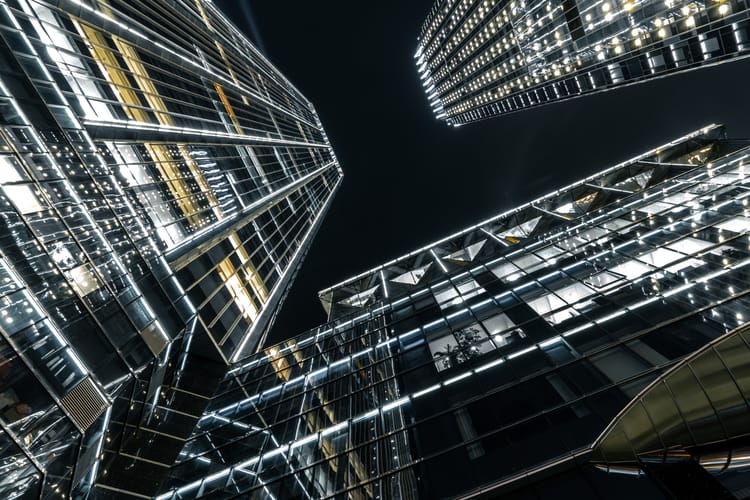
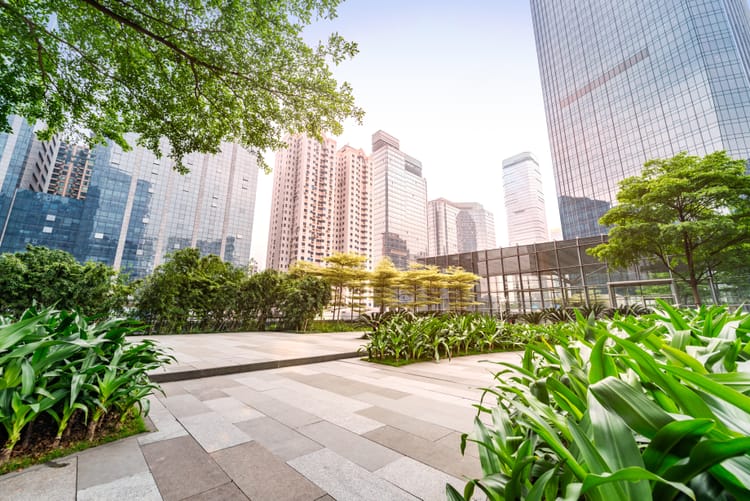
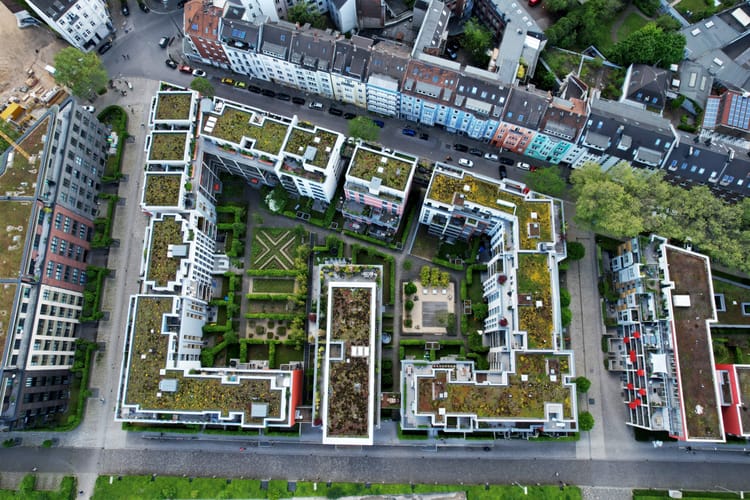
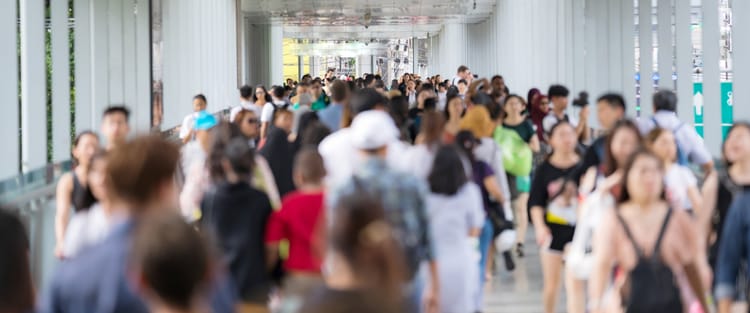
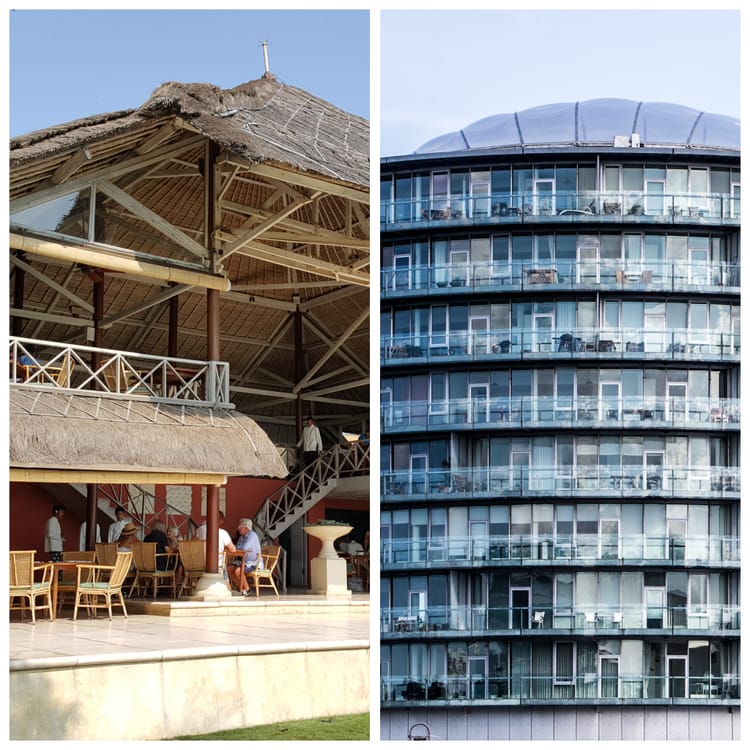
Member discussion